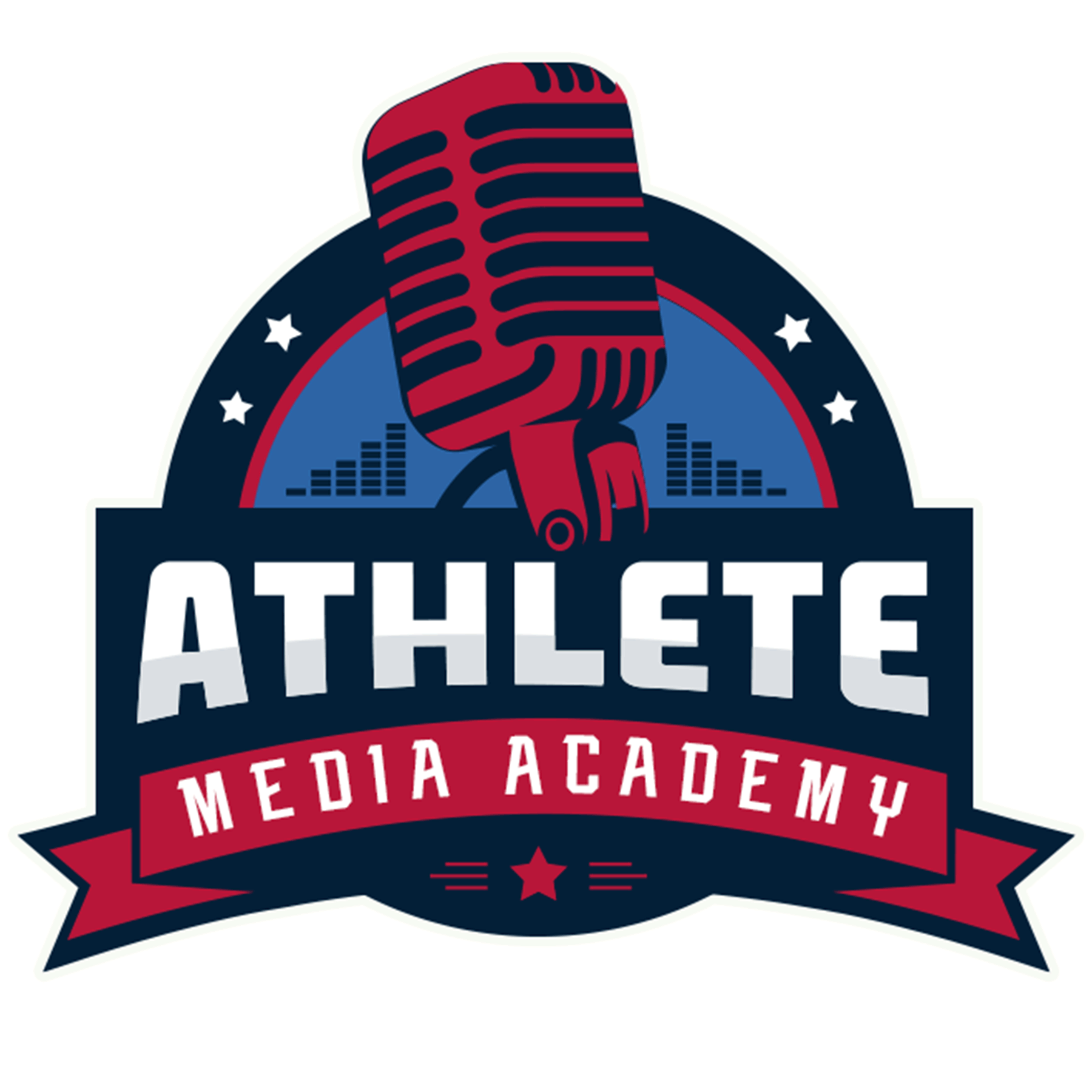Section 2, Lesson 1 – Why Social Media Matters for Athletes
Lesson Overview
Social media is one of the most powerful tools an athlete can use to shape their public image, engage with fans, and attract sponsorships. Understanding why social media matters and how to use it effectively is crucial for maximizing opportunities and managing public perception. This lesson explores the impact of social media on an athlete’s brand and career.
Learning Objectives
By the end of this lesson, athletes will be able to:
✅ Understand the role of social media in shaping their personal brand.
✅ Recognize how social media influences career opportunities.
✅ Identify the key benefits of maintaining an active and professional online presence.
✅ Develop strategies for leveraging social media to enhance their visibility and engagement.
Section 1: The Role of Social Media in Personal Branding
Social media has revolutionized how athletes interact with their audience, allowing them to control their narrative and build their brand beyond their performance on the field.
✔️ Direct Connection with Fans: Social media provides a platform to engage with supporters in an authentic and immediate way.
✔️ Enhancing Visibility: A strong online presence increases media exposure and opens up career opportunities.
✔️ Building Credibility & Influence: Consistently sharing insights, achievements, and behind-the-scenes moments can establish authority and trust.
✔️ Showcasing Personality: Social platforms allow athletes to express themselves beyond their sport, highlighting interests, values, and community involvement.
Section 2: Career Benefits of a Strong Social Media Presence
A well-managed social media presence provides a competitive edge in today’s sports industry.
✔️ Attracting Sponsorships & Endorsements: Brands look for athletes with strong engagement and a positive image.
✔️ Creating Post-Athletic Career Opportunities: A strong online brand can transition into roles in media, business, and public speaking.
✔️ Managing Public Perception: Athletes can clarify statements, address rumors, and provide their perspective on issues directly.
✔️ Networking & Professional Growth: Engaging with industry professionals, organizations, and fellow athletes fosters valuable relationships.
Section 3: The Risks & Responsibilities of Social Media
While social media presents opportunities, it also comes with responsibilities. A single misstep can have lasting consequences.
✔️ Permanent Digital Footprint: Posts, even if deleted, can resurface and impact reputation.
✔️ Avoiding Controversy: Athletes must be mindful of their online interactions and avoid engaging in harmful debates.
✔️ Balancing Personal & Professional Content: Understanding what to share and what to keep private is key to maintaining a professional image.
✔️ Fact-Checking & Responsible Posting: Ensuring accuracy before posting avoids misinformation and potential backlash.
🔹 Exercise: Conduct a personal social media audit. Identify potential areas for improvement in professionalism and brand alignment.
Final Takeaways & Next Steps
✔️ Final Activity: Develop a list of three ways to improve or enhance your social media presence starting today.
✔️ Key Takeaway: Social media is a powerful tool for shaping an athlete’s brand, but it must be used wisely and strategically.
✅ Next Steps:
- Identify two athletes who have successfully used social media to build their brand and analyze their approach.
- Start implementing strategies for increasing engagement and consistency in online presence.

